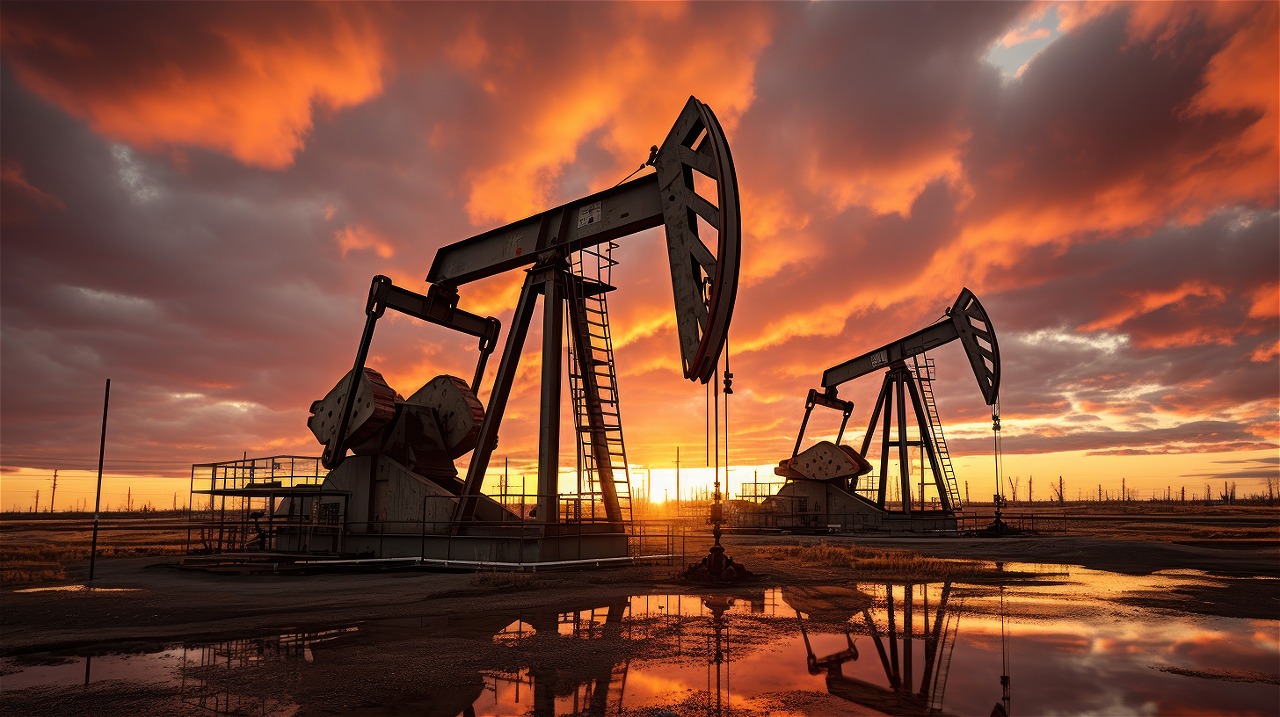The Arabian Gulf has historically served as a pivotal component within the international energy framework, primarily due to its substantial reserves of oil and gas. The interplay of energy security and geopolitical factors within this region creates a multifaceted and continually changing landscape that significantly impacts both regional stability and global energy markets. For scholars, comprehending the interaction between these two dimensions is essential for forecasting and addressing future challenges.
The Arabian Gulf’s Role in Global Energy
Countries like Saudi Arabia, Kuwait, and the United Arab Emirates are some of the largest oil and gas exporters worldwide. Their resources have cemented the region’s significance in the global energy supply chain, with the Strait of Hormuz serving as a critical chokepoint for international energy shipments. However, energy security here extends beyond vast reserves—it hinges on maintaining a consistent, uninterrupted flow of energy, despite political, economic, or environmental upheavals.
Geopolitical Tensions and Energy Supply
The Arabian Gulf has long been characterized by geopolitical tensions. Regional rivalries, particularly between Saudi Arabia and Iran, often lead to energy price fluctuations and concerns over supply stability. These tensions not only affect oil prices but also question the long-term reliability of energy security in the area.
Additionally, the Arabian Gulf remains a key focal point for external powers like the United States, China, and Russia, who have strategic interests in maintaining stability. These external influences shape diplomatic ties and military strategies, directly impacting how energy is produced, transported, and traded.
Shifting Toward Renewable Energy
Despite the region’s reliance on fossil fuels, Gulf countries are increasingly exploring renewable energy alternatives. Strategic initiatives like Saudi Arabia’s Vision 2030 and the UAE’s solar energy programs are pivotal in reducing dependence on oil. These endeavors aim to diversify energy portfolios and ensure sustainable economic stability.
The transition to renewable energy, however, poses challenges. The Gulf’s oil-dependent economies will need significant investments in new technologies and infrastructure. For this reason, renewable energy isn’t merely a trend—it’s becoming central to long-term energy security strategies, particularly as global demand for clean energy surges.
Balancing Oil and Renewables
Balancing traditional fossil fuels with emerging renewable technologies is critical. While oil continues to drive the region’s economy, providing wealth and influence, pressure to reduce carbon emissions is mounting. Projects like solar plants in the UAE and wind energy initiatives are gaining traction, but transitioning to these technologies within an oil-dependent economy requires long-term effort and investment.
Emerging Risks to Energy Security
Beyond geopolitics, newer threats like cybersecurity pose risks to energy infrastructure. With the growing digitization of energy systems, cyberattacks could severely disrupt oil production or other critical operations, endangering both regional and global markets. Moreover, environmental issues like water scarcity complicate energy security, as desalination plants—vital for fresh water—depend heavily on consistent energy supplies.
Furthermore, the Arabian Gulf region is vulnerable to extreme climate conditions, such as rising temperatures and sea levels, which could threaten both oil infrastructure and future renewable energy projects. These challenges underscore the need for a comprehensive approach to energy security, integrating traditional oil and gas methods with new technologies that can withstand environmental and digital disruptions.
Looking Ahead: The Future of Energy in the Arabian Gulf
The Arabian Gulf stands at a crossroads, where the future of energy security will be defined by how effectively it balances geopolitical dynamics, emerging threats, and the need to transition towards renewable energy. The region’s ability to adjust to new energy challenges, expand its energy portfolio, and maintain geopolitical stability will determine its continued influence in the global energy market.
For researchers and policymakers, the interplay between energy security and geopolitics in the Arabian Gulf offers a rich field of study. The evolving dynamics of the region provide valuable insights for future energy policy, offering a model for how nations can navigate a complex landscape of resource management, political instability, and technological innovation.
Conclusion
The Arabian Gulf plays an essential role in the global energy market, and the complex interrelation between energy security and geopolitics continues to shape the region’s future. As Gulf countries navigate shifting geopolitical landscapes and embrace renewable energy technologies, they face both risks and opportunities that will define their position in global energy dynamics for years to come. For scholars and researchers, studying these trends provides a deeper understanding of how the region’s strategies will impact the global energy outlook.
As we navigate the evolving landscape of Energy Security and Geopolitics in the Arabian Gulf, we invite you to join the “3rd International Arabian Gulf-Security Conference (IAGSC).” Scheduled for April 24-25, 2025, and hosted by the American University in the Emirates (AUE), this event offers an opportunity to engage with leading research and expert discussions on critical issues shaping the region’s energy future. Your participation will contribute to advancing strategies for ensuring stability and sustainability in one of the world’s most pivotal regions. We look forward to your involvement in this important conference.





